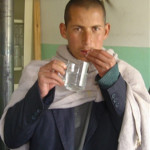
Effective in 86 percent of tuberculosis cases treated in Afghanistan, the USAID-sponsored treatment regime requires patients to commit to daily treatment at a clinic for two months and weekly treatment for six months thereafter.
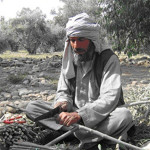
Nangarhar, a province in eastern Afghanistan, was once home to over 5,000 hectares of olive orchards. The province was famous for its olives, and raw olives were once one of the largest agricultural industries in the country, but decades of violence led to the destruction of many of the province’s olive groves.
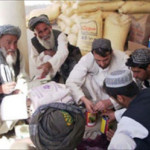
Afghanistan’s beautiful plains and fertile valleys have hosted many kinds of crops — but one crop has repeatedly caused the country and its people immeasurable harm: poppy. Farmers dependent upon their land often turned to poppy cultivation because it brought more revenue than ordinary crops. But opium revenue also brings instability and threatens the country’s security.
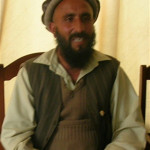
Eastern Afghanistan was once legendary for its production of quality fruits and vegetables. However, nearly three decades of conflict and several years of drought have had a negative impact on farming. As a result, local knowledge about farming methods and links to the region’s major markets declined. USAID responded with an effort to revitalize the agricultural sector by providing intensive training to farmers and building links between farmers and regional produce markets.
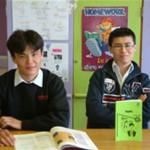
Ali and Hussain Saberi arrived in England in August 2005 and started at John Bunyan Upper School in September. When Trish Wrightson, an English teacher at the school, first met them, they both spoke very little English. Through a translator, Wrightson learned that neither boy had any formal education. She realized that they needed to learn not just English, but other subjects like math and science as well. And, they needed to learn quickly — at age 16, Ali was in his last year of high school.








Comment
Make a general inquiry or suggest an improvement.